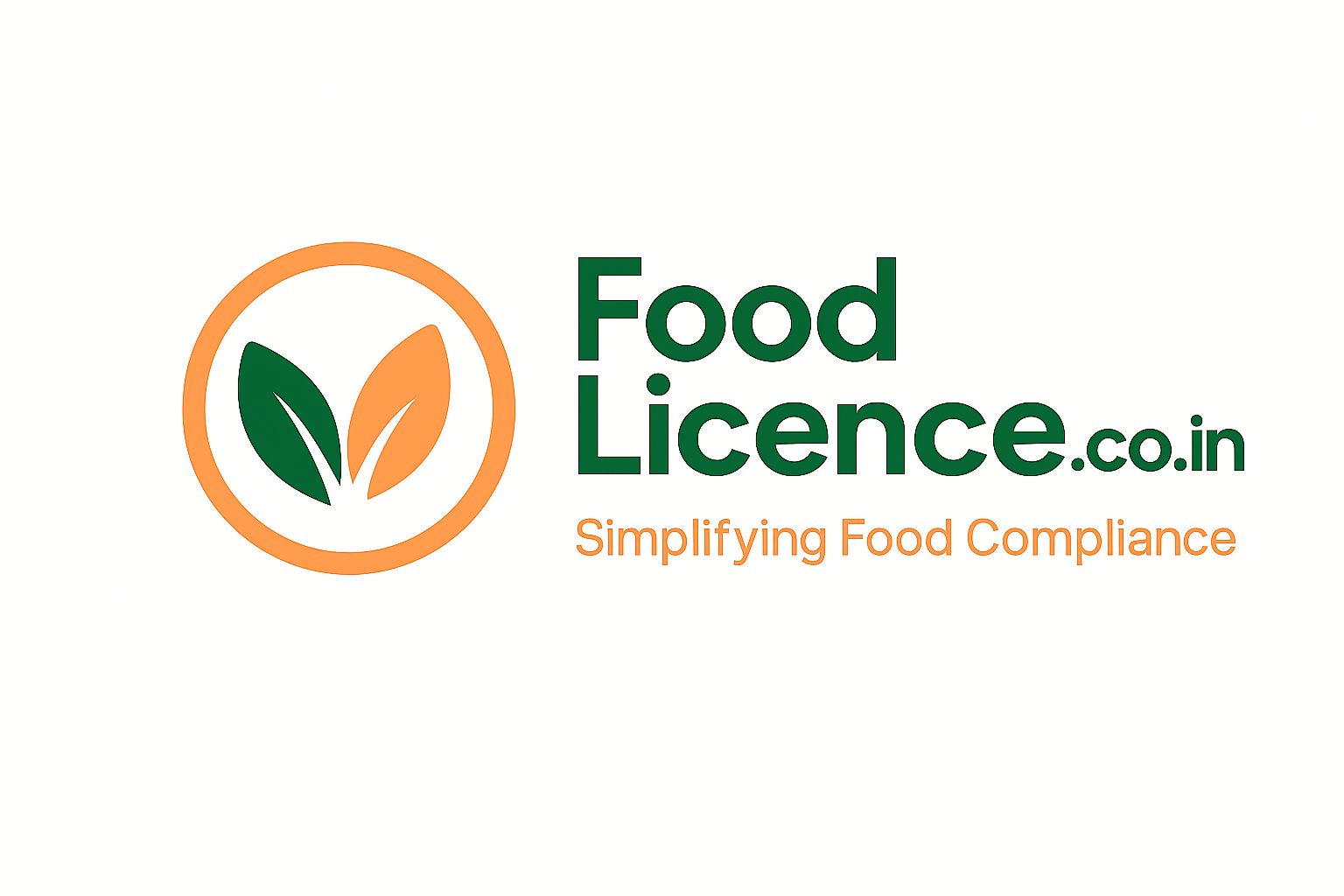
Like in all other states in the country, the Government has mandated the need to register establishments working in the food industry, food business operators to register for a food licence under the FSSAI. It stands for the Food Safety and Standards Authority of India. All restriction and rules relating to food licences have been put down by the Food Safety & Standards Act, 2006.
All manufacturers, traders, restaurants and any other establishments involved in the food business need to get this licence. They have to get the 14-digit registration or license number, and it has to be printed on food packages or displayed at the establishment. Since there are various checks and measures that establishments have to go through to get their licence, having the registration number communicates to others that they went through the process. The Government checks the FSSAI number and details on packaging and know that the FSSAI will go through and review the details of the packaging or product. All the checks by the FSSAI and Government reduce instances of adulteration, creation of substandard products, and improve the responsibleness of makers.
The last ten years have seen progress when it comes to registrations under various laws in Arunachal Pradesh. According to a survey conducted by one of the establishments that assist with the documentation process, the state completed more than 900 FSSAI, TM, ISO and other registrations for clients in the food industry for FSSAI Registration.
These formalities can get a lot for people just starting their establishments, and that is where such private companies or websites providing this information come in. Not only do they assist by providing a better understanding of the system, but also in some cases, handle the process on behalf of their clients. Having experience running some of these processes helps them better when going through the same thing, the second time around. These could involve government formalities relating to opening and running factories, food processing units or other food businesses or requirements relating to food licenses.
There are three main types of licence that establishments should apply under. These licences vary in details depending on the establishment details, including the annual turnover that they foresee, the type of food production, or establishment that they are running and their expansion plans.
The documents and permissions vary depending on the licences that they are applying for, but the inspections are mandatory. There are fines and penalties for people who run any businesses that work with food and selling to the public without the right documentation. Additionally, all the documents and certificates have to match each other so that there are no issues when they are being processed.
It takes about a month for the department to review the information and provide the certificate and number. In some instances, they might take a little longer.